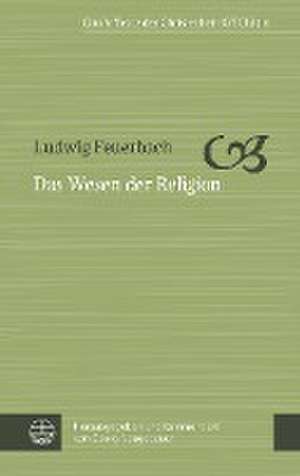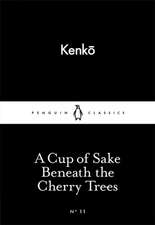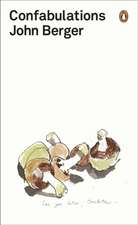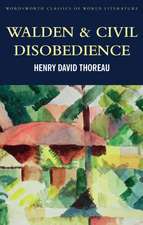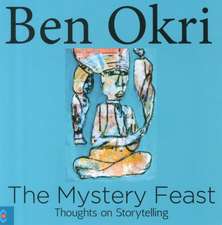Das Wesen der Religion: Große Texte der Christenheit, cartea 7
Autor Ludwig Feuerbach Editat de Georg Neugebauerde Limba Germană Paperback – iun 2019
| Toate formatele și edițiile | Preț | Express |
|---|---|---|
| Paperback (2) | 81.31 lei 17-23 zile | +7.29 lei 10-14 zile |
| Evangelische Verlagsansta – iun 2019 | 81.31 lei 17-23 zile | +7.29 lei 10-14 zile |
| TREDITION CLASSICS – 30 apr 2012 | 262.80 lei 6-8 săpt. | |
| Hardback (1) | 448.85 lei 6-8 săpt. | |
| TREDITION CLASSICS – 30 apr 2012 | 448.85 lei 6-8 săpt. |
Preț: 81.31 lei
Nou
Puncte Express: 122
Preț estimativ în valută:
15.56€ • 16.19$ • 12.85£
15.56€ • 16.19$ • 12.85£
Carte disponibilă
Livrare economică 18-24 martie
Livrare express 11-15 martie pentru 17.28 lei
Preluare comenzi: 021 569.72.76
Specificații
ISBN-13: 9783374058143
ISBN-10: 3374058140
Pagini: 192
Dimensiuni: 119 x 193 x 20 mm
Greutate: 0.22 kg
Editura: Evangelische Verlagsansta
Seria Große Texte der Christenheit
ISBN-10: 3374058140
Pagini: 192
Dimensiuni: 119 x 193 x 20 mm
Greutate: 0.22 kg
Editura: Evangelische Verlagsansta
Seria Große Texte der Christenheit
Notă biografică
Geboren am 28.07.1804 in Landshut; gestorben am 13.09.1872 in Rechenberg/Nürnberg.
Ludwig Feuerbach ist der Sohn von Paul Johann Anselm von Feuerbach .
1823 begann er das Studium der Theologie in Heidelberg, wechselte aber 1824 nach Berlin zu Hegel und studierte dort Philosophie. Er promovierte 1828 in Erlangen und lehrte dort bis 1836.
Er heiratete 1837 die Tochter des Besitzers einer Porzellanfabrik und übersiedelte nach Bruckberg bei Ansbach, wo er bis 1860 lebte. Die Fabrik mußte liquidiert werden und er zog deshalb in eine Wohnung nach Nürnberg.
Bis zu seinem Lebensende war er fortan von der Unterstützung durch Freunde und Gönner abhängig.
Quelle: Killy
